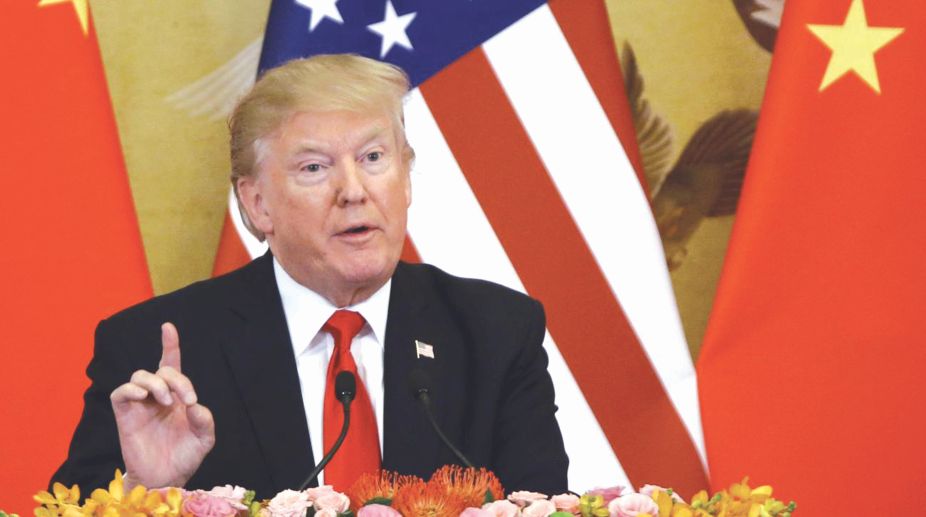The US will not allow China to “bully” or “coerce” nations in Asia, a senior Trump administration official has said, amidst Beijing flexing its muscles in the region.
The Trump administration has made clear that the US wants a “productive” relationship with China, and the two countries must work to manage and resolve differences, Susan Thornton, Acting Assistant Secretary for East Asian and Pacific Affairs, told members of the Senate Foreign Relations Committee during her confirmation hearing.
Advertisement
We have been equally clear, however, that we will not abide Chinese attempts to displace the US in Asia, to coerce countries in the region and that we will not be taken advantage of, she said.
If the international system that has enabled China’s rise is to continue, the rules and standards must be observed and countries must not be bullied or threatened but treated as equal players, Thornton said.
The administration, under Trump’s leadership, is working to expand and deepen partnerships throughout the region via the Indo-Pacific strategy, she said.
We also continue to prioritise work in Asia-Pacific Economic Cooperation to promote high-standards and fair trade and to support ASEAN-centered regional architecture, which underpins East Asian peace and security.
The US is a Pacific power and will remain committed to this region’s success, Thornton said.
The Asia Pacific region has a “very real security” and economic challenges, including the menacing threat of North Korea, the rise of an authoritarian China, and the spread of terrorism and extremism, she said.
Although the region has enjoyed the peace and growing prosperity for years, the threat from North Korea continues to increase, tensions and extremism are on the rise, and the export-led model that underpinned, Thornton said.
East Asia’s stunning growth is no longer viable. We must insist on fair and reciprocal market access if we are to sustain the global trading system.
Backsliding on democracy, governance and corruption, and human rights is also undermining prospects for stability and growth in some countries, she told the lawmakers.
China is involved in a widening maritime dispute with several Southeast Asian countries over islands in the resource-rich South China Sea
Vietnam, the Philippines, Malaysia, Brunei and Taiwan have counterclaims over the islands.











